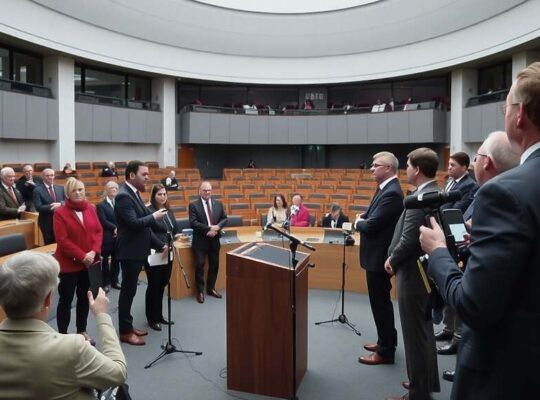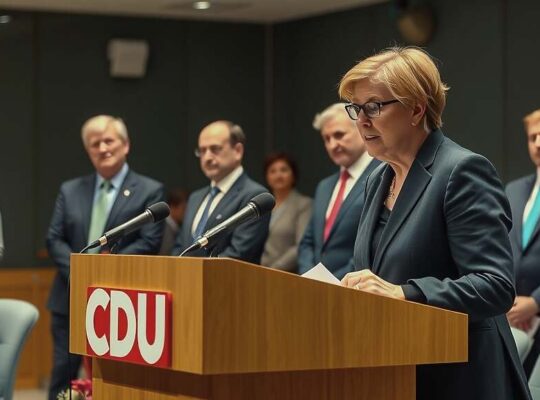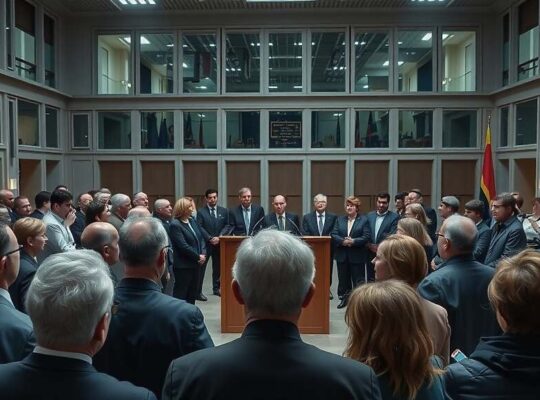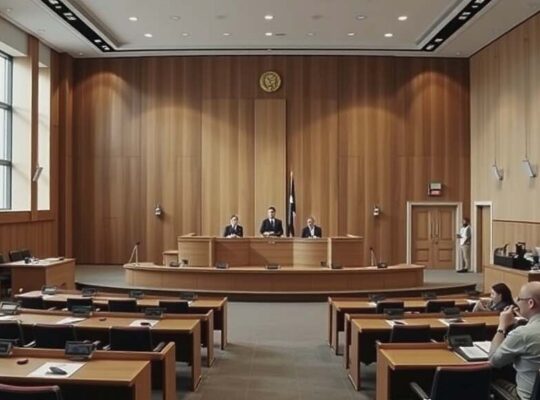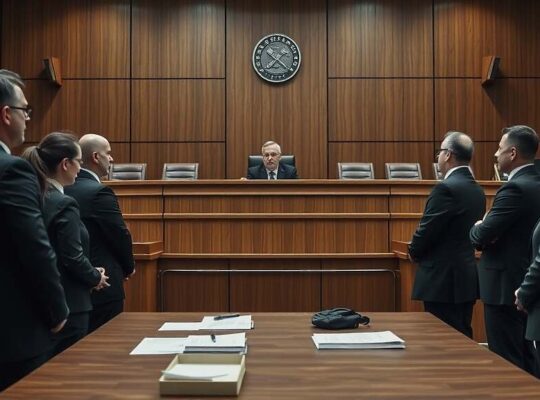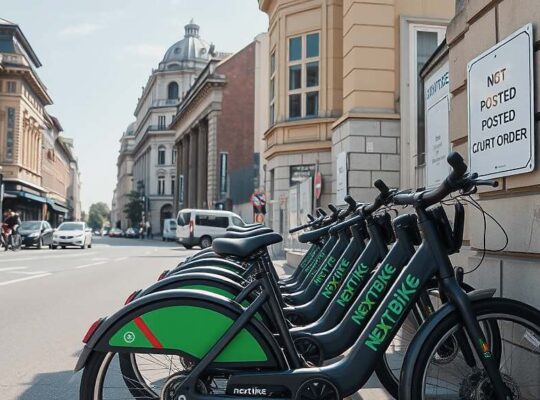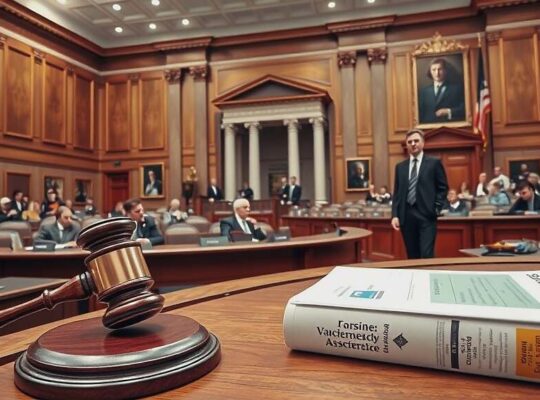The German Federal Constitutional Court’s recent ruling affirming the rights of religious institutions in employment law has sparked a complex debate, lauded by some as a necessary safeguard of religious autonomy while drawing criticism regarding its implications for equitable labor practices. Thomas Rachel, the Federal Government’s Envoy for Religious and Worldview Freedom (CDU), hailed the decision as a validation of the unique constitutional position occupied by churches. He emphasized that the ruling aligns with the fundamental right to religious self-determination, granting churches a distinct degree of latitude in managing their employees that is not afforded to other organizations.
Bodo Ramelow, the Left Party’s parliamentary representative for religious affairs, largely concurred with the sentiment, acknowledging the clarification as beneficial for organizations operating under similar frameworks. He underscored the importance of ensuring alignment between an employee’s affiliation and the values of the institution. “I also want someone who works for my party or parliamentary group to be a member with us” he stated, highlighting the perspective that certain roles, particularly in leadership, should reflect a core commitment. He also clarified that the ruling implied a requirement for the position to be professionally relevant, distinguishing it from purely administrative roles.
However, Ramelow’s agreement was tempered by a call for modernization of the existing legal framework. He expressed reservations regarding the continued exemption of religious bodies from standard labor agreements, particularly those operating in competitive environments. This position suggests a growing tension between upholding religious freedom and addressing concerns about potential labor exploitation or discrimination arising from unchecked tariff exemptions. While the court’s decision reinforces the constitutional protections afforded to religious institutions, it simultaneously casts a spotlight on the ongoing need to reconcile these protections with principles of fair labor practices and equal opportunity in an evolving societal context. The debate undoubtedly will continue as policymakers grapple with the implications of this ruling and consider potential reforms to the religious employment landscape.




